Mota Italic Gallery Unofficially Opens TYPO Berlin With Word Jazz

For the third consecutive year Mota Italic Gallery in Berlin's Prenzlauer Berg will host a pre-TYPO Berlin party. This gallery exists to showcase type, letters, and typography in both art and design, and is owned and operated by Mota Italic, a type design studio specialising in unique, extensive type families. In the past two years the gallery has carved out a name for itself in the Berlin design scene as the organiser of beautiful exhibitions – modest in size yet not in scope. Next week Wednesday, May 15th TYPO Berlin attendees are invited to celebrate its second anniversary as well as Europe's biggest and best recurring design conference. The party begins at 6pm and will go until late, and will be the perfect start for the big TYPO Berlin weekend. Make sure to get there early and enjoy drinks with the crème de la crème of the Berlin (type) design community and foreign guests.

This year's pre-TYPO Berlin party opens the exhibition Word Jazz by Drury Brennan (b. 1981), an artist in Minneapolis, Minnesota. Originally a jazz drummer, he studied in photography before moving to ceramics, and upon graduating from School of the Art Institute of Chicago, became a senior editor at Flaunt Magazine in Los Angeles. Working in a variety of media, his most recent work explores the delicate links between calligraphy, street lettering and jazz music. This is his first solo exhibition of writing.

Word Jazz is a couple things: it's the title of an old jazz LP by Ken Nordine that turns the human voice into both communicator and post-modern musical instrument, and also the title of this exhibit of recent large calligraphic works. Jazz improvisation is high-stakes art in the sense that you constantly push your creative process while others listen along for the ride – to take melodic risks in front of an audience. Graffiti and Zen calligraphy are two writing systems that deploy similar sets of aesthetics and conviction in gesture as in jazz. With Word Jazz Brennan sought to explore the possibilities of mixing all three of these art forms together, to use Roman letterforms as the back beat while he soloes the tale of each letter's construction. Each piece's content is a short-form poetic meditation on a variety of subjects, from loss to love to contemporary art. Ultimately the work is about untangling preconceptions about letters, form, writing and art, and recombining them to create new, pretty possibilities for writing to come.







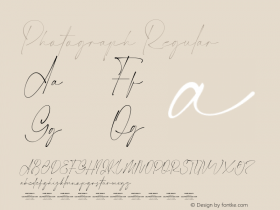









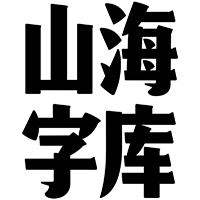



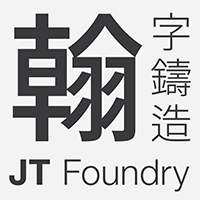
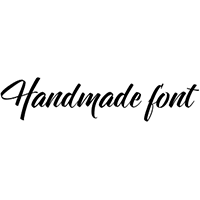

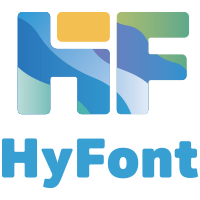



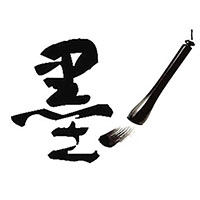

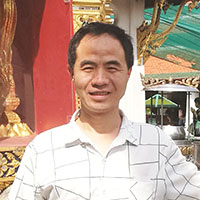
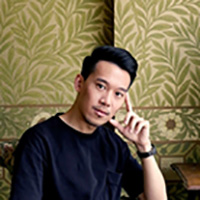


 闽公网安备35010202000240号
闽公网安备35010202000240号